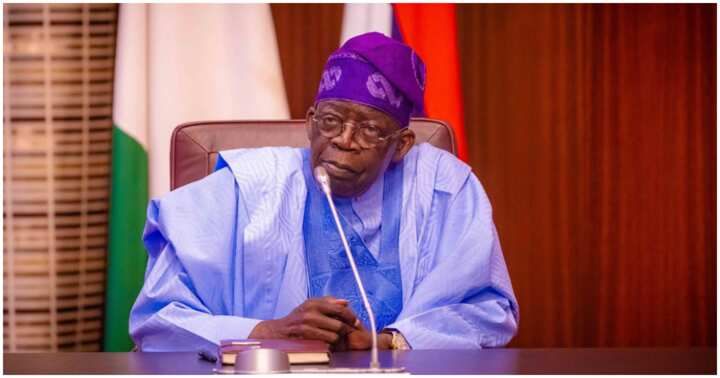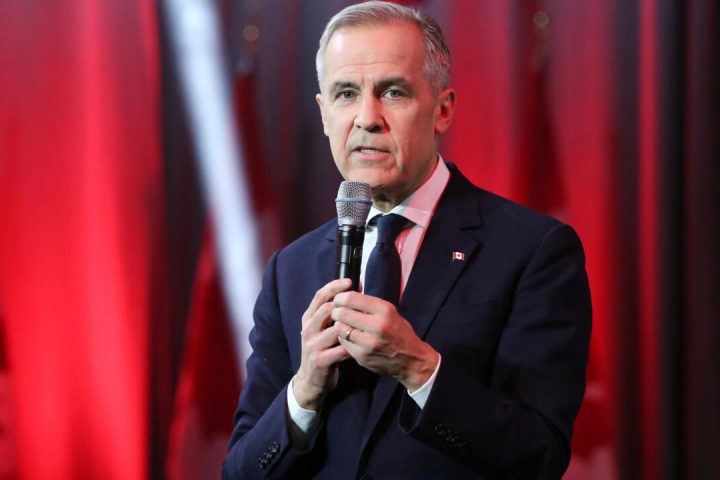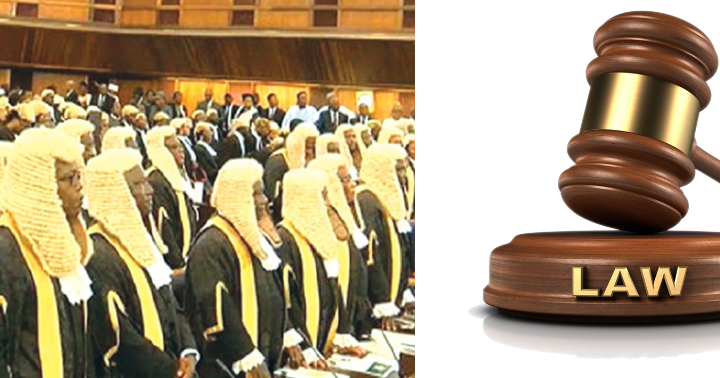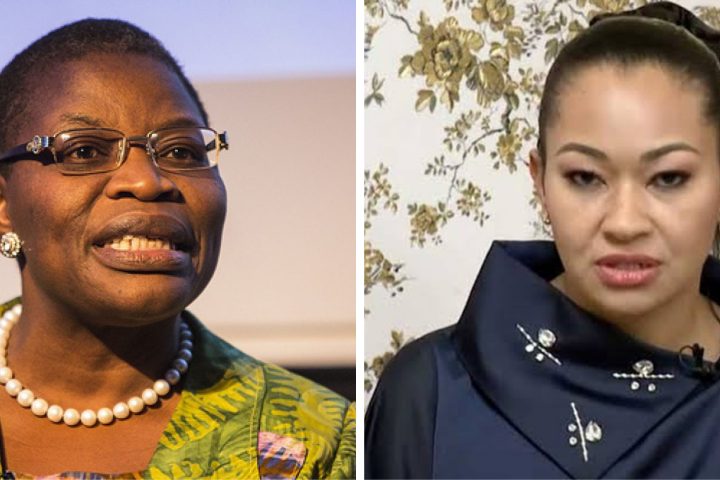Citizens usually have highly positive expectations from new administrations especially in regard to the value of life. With the current President, Asiwaju Ahmed Tinubu, the hopes and anticipations of the citizens were dashed much too early in his government.
At the graduation of Course 45 of the Armed Forces Command and Staff College in Jaji, Kaduna State on July 21, Tinubu promised to accelerate the pace from Buhari’s endpoint in security. He said: “As Commander-in-Chief, I have given myself the following charge: to deploy the entire machinery of state power to ensure the security of our people and property in a just and democratic society.
Join our WhatsApp ChannelREAD ALSO: The Mass Killings In Benue State
Nevertheless, the reality proves that Nigeria’s dire security situation is yet to improve under Tinubu’s administration. According to the 2022 Global Peace index produced by the Institute for Economics and Peace (IEP), Nigeria ranked 143 among 163 independent nations and territories in the level of peacefulness. This connotes that Nigeria is one of the countries with the highest terrorism threat levels in the world.
Tinubu Upholds the Record
Tinubu actually inherited enormous challenge of insecurity from President Buhari’s administration. According to Nigeria Security Tracker (NST), From June 2015 to May 2023, over 63,000 fatalities were recorded averaging about 22 deaths each day. This includes over 30,000 civilians and over 4,800 security personnel.
In fact, the gory story of Tinubu’s young administration was presaged by the 109 election-related deaths across Nigeria just before the announcement of the 2023 presidential election results. Figures from the SBM intelligence show that just six week in office, over 600 lives have been lost in the cold hands of non-state actors across the country, which included Boko Haram insurgents, ethnic militias, armed robbers, Fulani herdsmen, unknown gunmen attack and kidnappers.
Nasarawa State recorded over 100 deaths in May alone. Between May 29 and May 31, 38 died; it was 541 in June and 50 as of this writing in mid-July. In the Mbaterem district of the Ukum local government area of Benue State, 24 people were killed on Saturday, July 8, when armed men entered the Zaki Akpuuna 1 and Diom towns. The killings in Benue and Nasarawa are more worrying because there has neither been a word from the federal government condemning the attacks nor any noticeable action from the law enforcement institutions to tackle the problems in recent months.
Another cauldron of killings is Southeast Nigeria, where kidnapping is at a premium. No fewer than 267 people have been abducted in the six weeks since President Tinubu took office. Along the Enugu-Ugwuogo-Opi-Nsukka Expressway with at least 12 police/military checkpoints, kidnappings happen almost daily. Similar scenarios occur at Ugwu-Onyeama and Enugu-Port Harcourt Roads. Ebonyi and Imo are also theatres of the kidnapping absurdity.
The Verdict So Far
In a report published on June 14, Amnesty International (AI) said Tinubu was not fighting insecurity owing to the spate of killings. AI noted that more than 120 people were killed a few days after Tinubu assumed power. The body also indicated that on 9 June, gunmen killed 25 people in Katako Village, before killing another 13 individuals in Kusherki town on 10 June. On 11 June in Plateau State, a gunman shot dead at least 21 people.
Isa Sanusi, Amnesty International’s acting director in Nigeria said: “Protecting lives should be the utmost priority of the new government. The Nigerian authorities must urgently take steps to stop the bloodletting. A PDP spokesman, Debo Ologunagba, also said that Tinubus’ promise of security had no assurance that he was serious given the mindless killings, abduction, and marauding in various parts of the country in the last two months. He affirmed that the president had displayed an unpardonable disconnection and lack of empathy to the plight of Nigerians.
The Presidential Candidate of the African Action Congress (AAC) in the February 25 election, Omoyele Sowore, said on August 5 that Tinubu was not ready to rule Nigeria. Echoing the same sentiments, renowned investigative journalist, David Hundeyin, said in London recently that it was doubtful if Tinubu was ready for the presidency beyond achieving that ambition. Hundeyin added that “If no action is taken, my assessment is that Nigeria as a whole will become fundamentally destabilized when the sharp divide between the leadership and the people becomes impossible to mitigate or work around.” Will the in the interest in invading Niger allow the president to start his military charity at home?
Dr Mbamalu is a veteran journalist, Editor and Publisher.
Follow on Twitter: @marcelmbamalu

















Follow Us